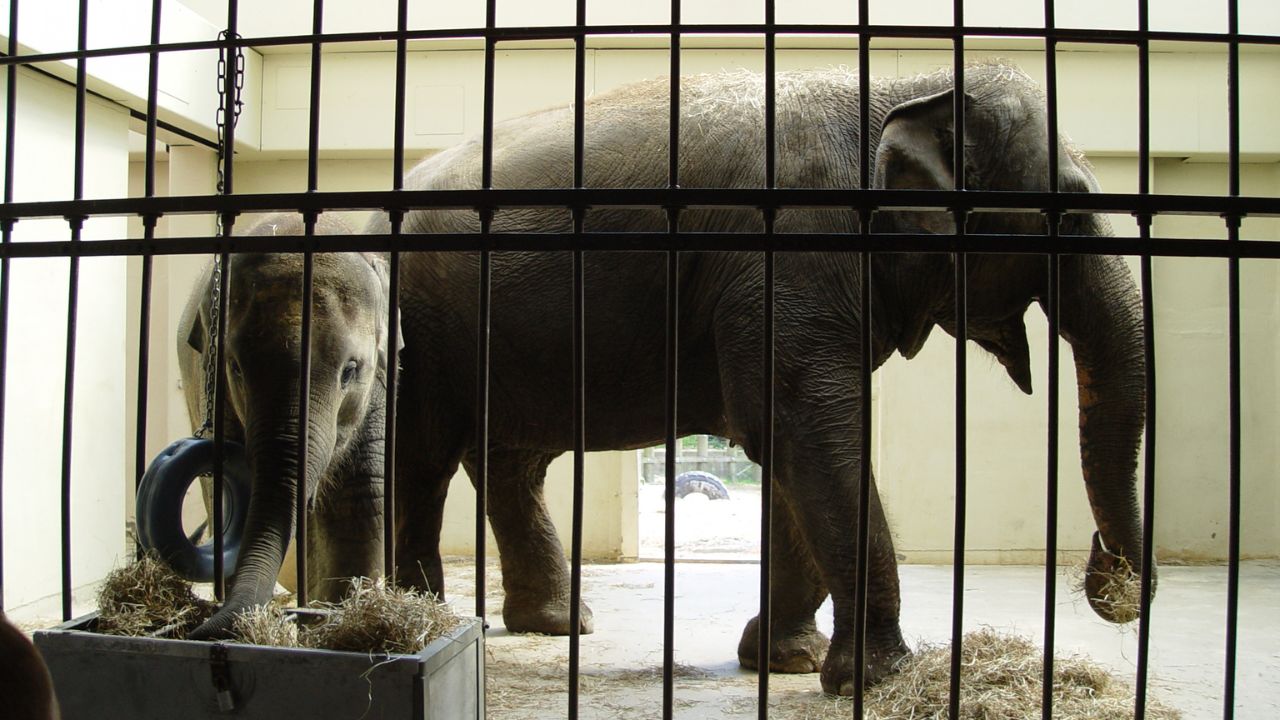Elephants, emblematic of grandeur and intelligence, have long fascinated humans, becoming reluctant residents in zoos and animal parks worldwide. However, beneath the veneer of captive care lies an undercurrent of poignant dilemmas. Can these sentient beings, intrinsically suited to the expansive wilderness, truly find happiness within the confined precincts of captivity?
The lives of elephants in the wild are marked by extensive roaming, complex social interactions, and cognitive enrichment, activities largely curtailed in captivity. Consequently, this stark contrast between their natural habitat and their artificial environments has raised potent questions regarding their psychological well-being and physical health in zoos.
Firstly, the limited space in zoos severely curtails the natural inclination of elephants to traverse vast distances. In the wild, elephants may travel up to 50 kilometers a day in search of food and water, a behavior essential for their physical health and mental stimulation. The constrained enclosures in zoos, however, restrict these wanderings, leading to obesity, foot diseases, and a phenomenon known as ‘zoochosis’—a form of repetitive, obsessive behavior indicative of psychological distress.
Furthermore, the complex social dynamics of elephant herds, characterized by matriarchal leadership, communal child-rearing, and intricate communication, are significantly disrupted in zoos. Often, elephants are kept in inadequate numbers, prohibiting the formation of natural herd structures, causing emotional trauma, and stunting their behavioral development.
Another critical concern lies in their longevity. Captive elephants often suffer from chronic health conditions, such as tuberculosis and arthritis, leading to shorter lifespans compared to their wild counterparts. Moreover, captive breeding programs have been largely unsuccessful, owing to the high infant mortality rate and low fertility among captive elephants, underscoring the adverse impacts of captivity.
However, it is important to acknowledge the efforts of many zoos to improve captive conditions. Innovative strategies, such as larger, more naturalistic enclosures, environmental enrichment programs, and behavioral conditioning, are being employed to enhance the physical and psychological welfare of captive elephants.
Moreover, some argue that zoos play an essential role in conservation and education. They serve as arks for endangered species and foster an appreciation for wildlife, sensitizing the public about the urgent need for conservation. Yet, it begs the question: does the educational value justify the individual suffering?
In conclusion, despite the manifold efforts to simulate a natural environment within zoos, the truth remains that captivity inherently curtails the physical and emotional freedom integral to the well-being of elephants. As the discourse around captive wildlife intensifies, we must confront the paradox of our desire to be close to these magnificent creatures and the necessity of respecting their natural behaviors and habitats. The conversation must shift from captive contentment to holistic well-being, promoting co-existence where elephants can thrive in their natural splendor, unencumbered by bars.
Crossword Puzzle in Context
All the words you need to fill in the crossword puzzle below can be found in the article above. Enjoy!










0 Comments